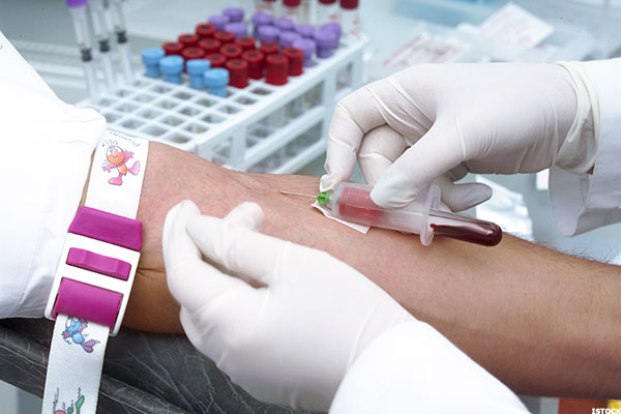Types of Blood Donation and How often can I Donate Blood?
Apr 19, 2022
The best type of donation for each individual depends on their blood type, physical characteristics, personal preferences, gender and the availability of convenient donation. Giving the right type of donation helps ensure the best use of your valuable contribution.

464836765
Donation of ‘whole blood’ is the most common type of blood donation, but there are some other ways to save a life by donating blood. The donation includes different types as follows:
- Whole blood
- Platelets
- Plasma Donation
- Double Red cells
Whole Blood
You must wait for a minimum of 56 days between whole blood donations. You must wait at least 7 days after donating blood before you can donate platelets. After an automated double red cell collection, you must wait 112 days before donating again.
Platelets
You can donate platelets once in a seven day period and up to 24 times a year. You must wait at least 7 days after donating platelets before donating whole blood. After an automated double red cell collection, you must wait 112 days before donating again.
In any eight (8) week period, you can make one blood donation and one platelet donation or six (6) platelet donations.
Plasma Apheresis
During a plasma apheresis donation, the blood is collected by a machine, which separates the plasma, red cells and platelets and returns the red cells and/or platelets back to the donor. To donate plasma, donors must meet all of the requirements for whole blood donation. Donors who are blood group AB+ are special plasma donors because they are universal plasma donors.
If Donor is healthy, he is eligible to donate ‘plasma’ every 4 weeks / 28 days.
Double Red cells
Double red cell donation is done with the help of an apheresis machine which collects the red cells but returns most of the plasma and platelets to the donor. After processing, the red blood cells can be stored for up to 42 days.
The donor is eligible to “Double Red Cells” every 112 days. During this time, you cannot make other types of blood donations.









